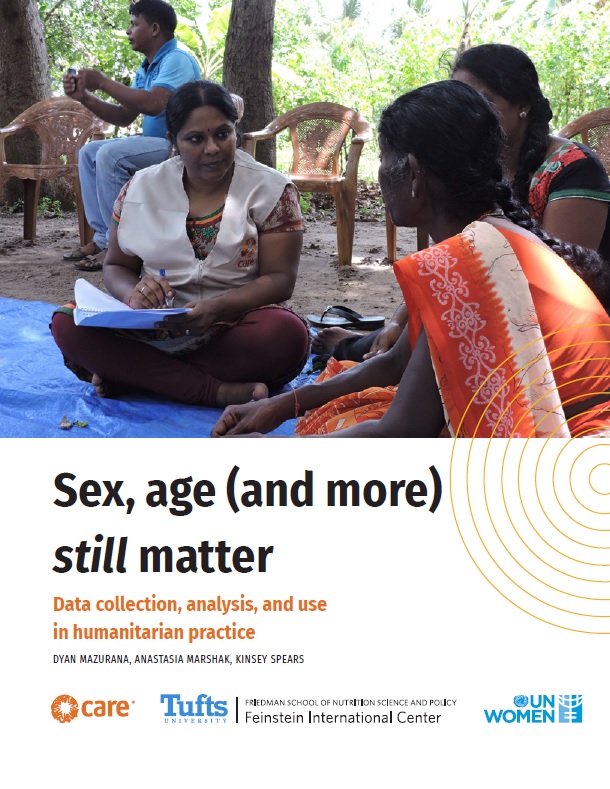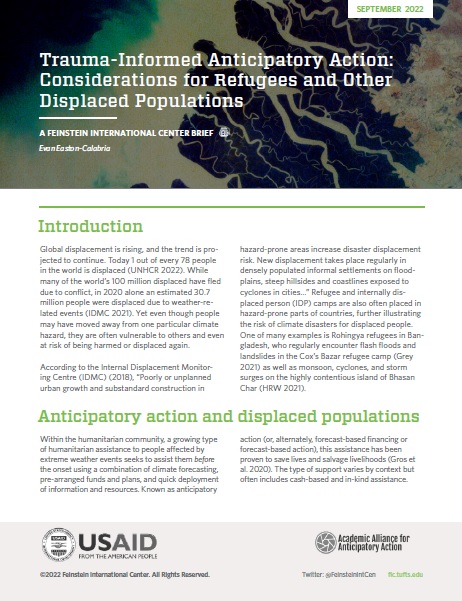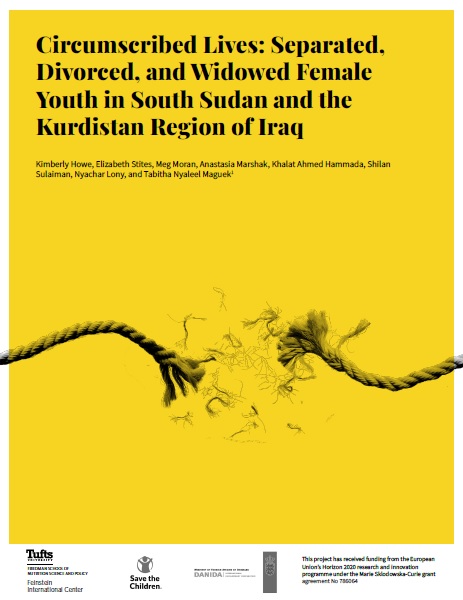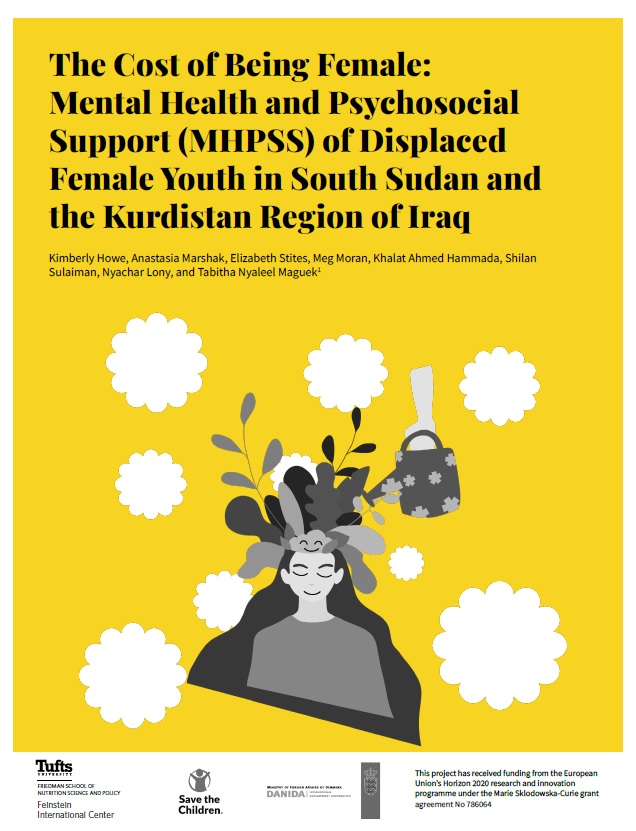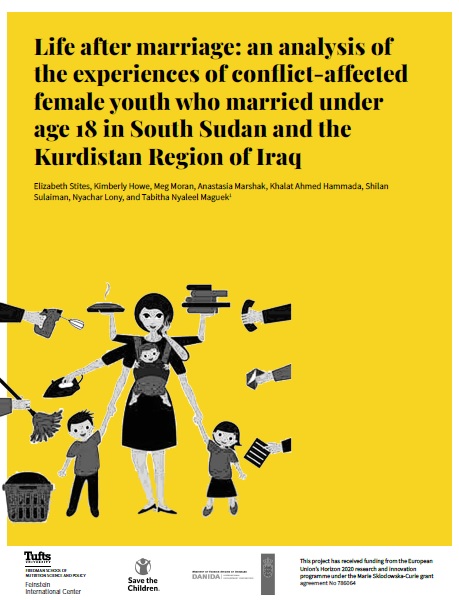Developing a Profiling Methodology for Displaced People in Urban Areas
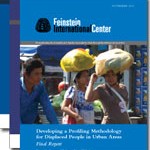
ASSOCIATED PROJECT
SUBJECTS
PUBLICATION TYPE
LOCATION

RELATED PUBLICATIONS
This paper examines the role of marital status and motherhood on schooling experience and educational interruption, attainment, and aspirations in South Sudan and the Kurdistan Region of Iraq.
•
This brief builds on the existing body of knowledge on trauma-informed practice to explore ways that anticipatory action for displaced populations can be improved.
•
Very little is known about the experiences of female youth who marry under 18 and later become separated, divorced, or widowed. This briefing paper underscores the unique vulnerabilities and challenges that these youth face in the Kurdistan Region of Iraq (KRI) and South Sudan.
•
This briefing paper outlines the situation of displaced female youth—unmarried, married, divorced, widowed—from a mental health and psychosocial functioning (MHPSS) lens.
•
This briefing paper examines the experiences of life after marriage for female youth who married under the age of 18 in South Sudan and the Kurdistan Region of Iraq. It describes how early marriage affects education, mental health, protection issue, and family dynamics.
•

